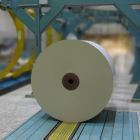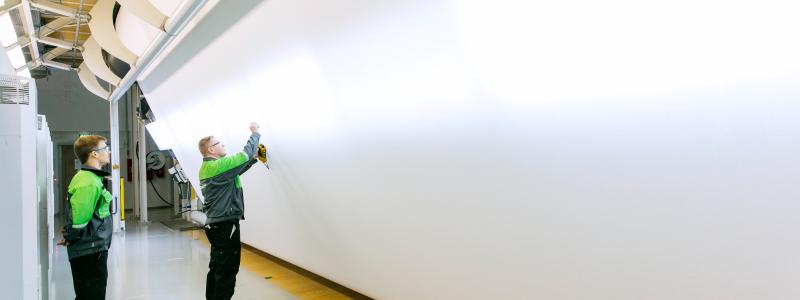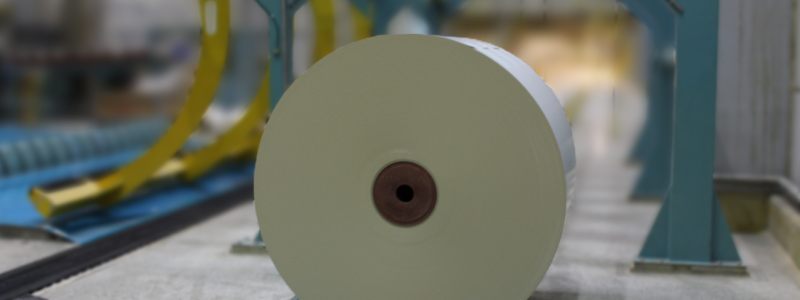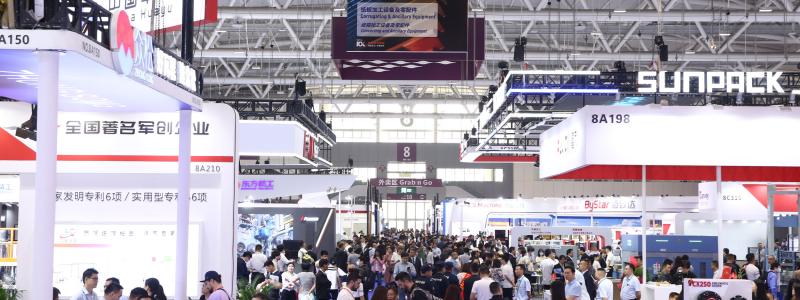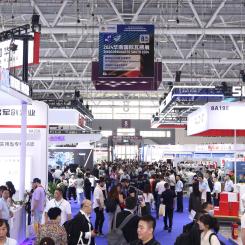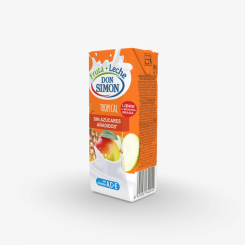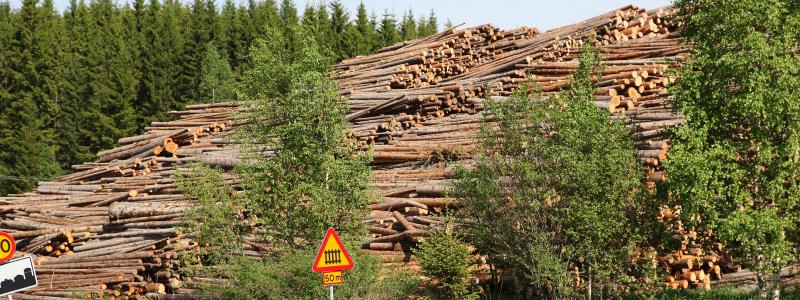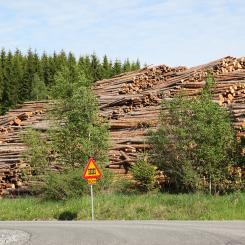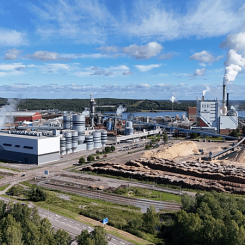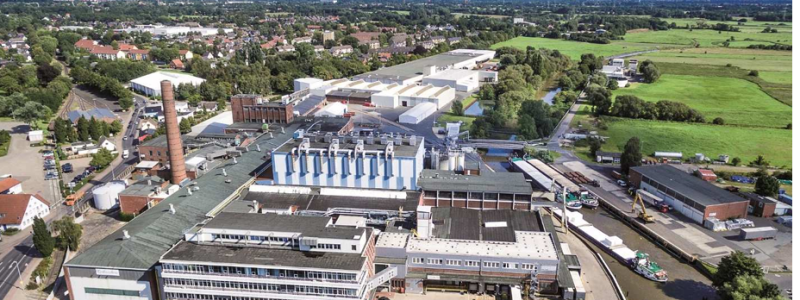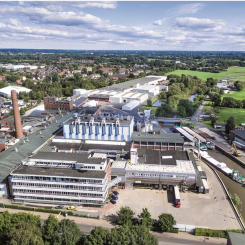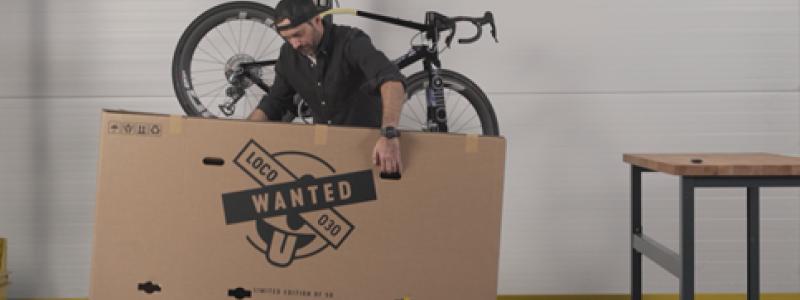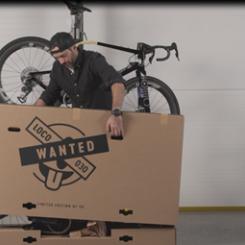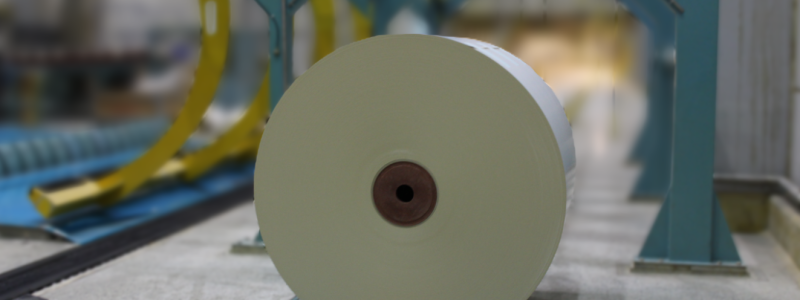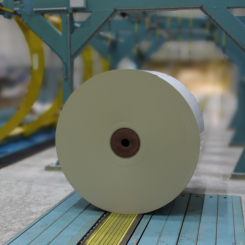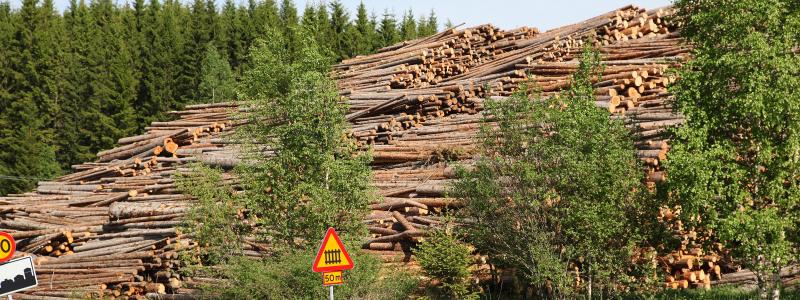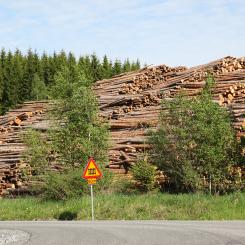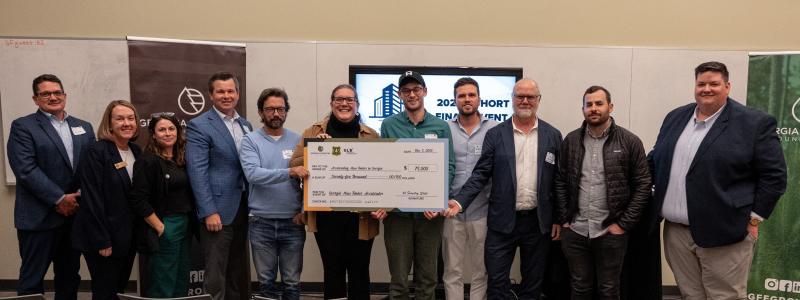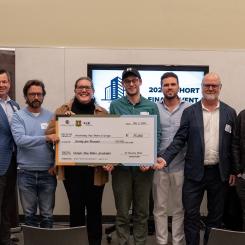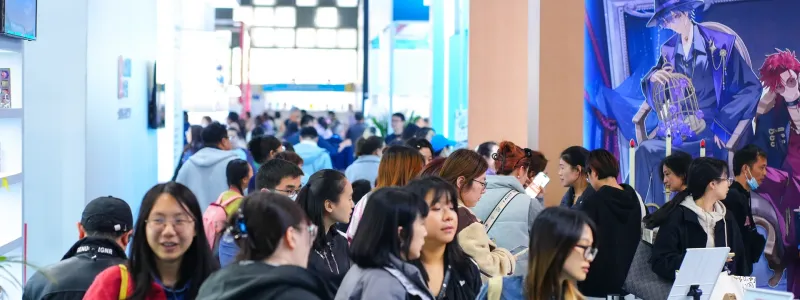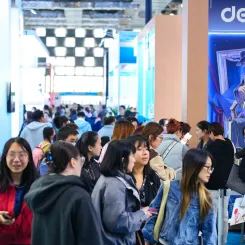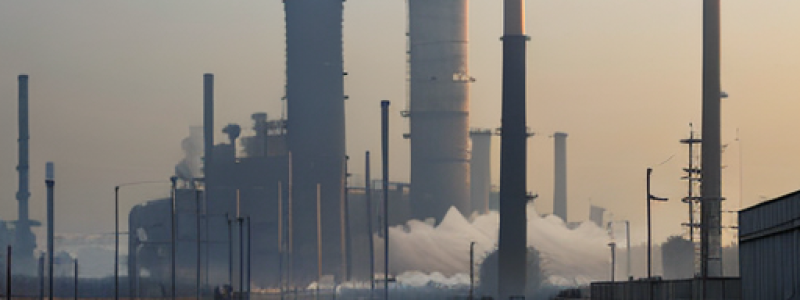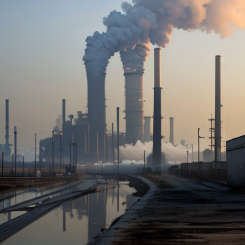Suzano, the world’s largest producer of hardwood pulp, and Sofidel, a leading European tissue paper producer, today announced “Together we plant the future”, a landmark three-year pilot project which will advance ecological conservation and restoration, alongside supporting socio-economic development in the Amazon region in Brazil[1]. This will be delivered with support and on-the-ground implementation from the Brazilian Institute for Development and Sustainability (IABS) and Amazônia Onlus, an Italian non-profit active to defend the forest and the people of the Amazon. This region was selected because some of Suzano operations are located in that area.
Through the partnership, Sofidel’s investment will scale up sustainable business models that can be adopted by communities living alongside the rainforest, at the same time as improving their food security and nutritional quality. In the first phase, this will help lift 1,400 family farmers out of poverty through income-generation projects, including increasing agricultural productivity, beekeeping, and the cultivation and commercialization of native species such as açaí berries and babassu coconuts.
Alongside this, the project will fund the creation of an important biodiversity corridor to promote connectivity within a 2,210 square kilometer area of high ecological value rainforest, straddling the border between the Brazilian states of Maranhão and Pará. This will be achieved through a combination of natural habitat restoration and sustainable agroforestry systems, contributing to Suzano’s long-term goal to create biodiversity corridors that connect half a million hectares (5,000 square kilometers) of priority areas in Brazil’s Amazon, Atlantic Forest and Cerrado biomes by 2030 – an area equivalent to more than 700,000 soccer fields.
The biodiversity corridor will benefit a range of native species in the region that are impacted by the fragmentation of habitats. These include the jaguar (Panthera onca), red-necked aracari (Pteroglossus bitorquatus), channel-billed toucan (Ramphastos vitellinus), South American tapir (Tapirus terrestrius), eastern black-handed tamarin monkey (Saguinus ursulus), red-handed howler monkey (Alouatta belzebul), and black bearded saki monkey (Chiropotes satanas), many of which are currently considered to be threatened or vulnerable to extinction.
Andrea Piazzolla, Chief Purchasing Officer at Sofidel, said:
“Today a company committed to doing business in a sustainable way and creating value for all its stakeholders has to ensure that its suppliers share the same vision and way of operating. According to SDG 17, we are pleased to partner with Suzano, one of our biggest suppliers to make a difference. They share our same values, so it came natural to join forces to tackle both social and environmental issues in one of the poorest regions in Brazil where our pulp comes from.”
“With decades of experience delivering positive change, we believe Suzano is the right partner for us to work alongside on this pilot program to bring concrete benefits and a positive impact on the ground. We hope our efforts will create a replicable and scalable model to help lifting communities out of poverty in a way that enhances the ecosystem.”
Paulo Jose de Souza Chaer Borges, Managing Director EMEA, added:
“Businesses can change the word for the better, but we can’t do it alone. If we work together we can magnify our impact. This is why we are excited to partner with one of our biggest customers, Sofidel, to accelerate the promising early impact that we have seen in our social and environmental sustainability programs.
“By financially empowering communities living in proximity to high ecological value areas, we can tackle poverty as a root cause of deforestation, at the same time as incentivizing them to protect and restore ecosystems. We hope that this collaboration can prove the power of working together across the supply chain, to create positive change.”



